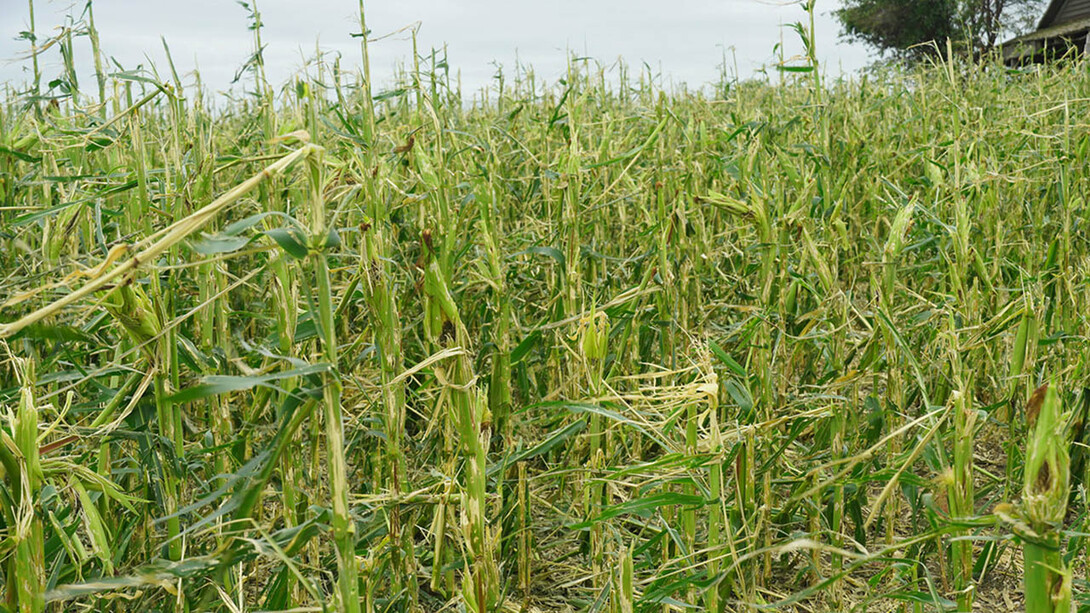
The University of Nebraska–Lincoln’s Center for Agricultural Profitability will host a webinar focusing on avoiding crop insurance fraud that will include a discussion with a Nebraska farmer who was convicted of fraud. The webinar will take place at noon Oct. 27.
The webinar will be hosted by Cory Walters, associate professor and crop insurance specialist in the Department of Agricultural Economics. He will cover insurance reporting requirements and speak with Ross Nelson, a producer from Newman Grove, about how the insurance fraud leading to his recent conviction occurred, the toll it took on his life and family, and other consequences.
In 2015, Nelson received an indemnity check for more than $700,000 based on his reported soybean losses. After also submitting a claim for a loss in his corn crop the same year, the USDA Risk Management Agency and the Office of the Inspector General for the USDA investigated due to yield discrepancies between what Nelson and neighboring farms reported. Nelson was found to have submitted false information for both crops and was sentenced to four years of probation for making a false statement. Under the terms, he is required to serve 16 weekends of intermittent confinement, pay a $30,000 fine and make $1 million in restitution payments.
“Crop insurance fraud is a very serious issue with consequences, and we are pleased that Mr. Nelson is willing to share his story to help others keep from making the same mistake,” Walters said.
Federal crop insurance requires producers to meet policy deadlines, pay premiums and report accurate losses immediately. Policy holders must certify how they calculated their yield — with scale tickets, counting the number of trucks or other methods. The webinar will focus on reporting accurate production, which Walters said is not discussed often, even though it can have profound consequences if done incorrectly or fraudulently.
“Our goal with this webinar is to inform producers about the crop insurance process and help them understand the impact that fraud can have on an operation so they can avoid finding themselves in a similar position,” Walters said.
The webinar is free to attend. Registration is required here.







